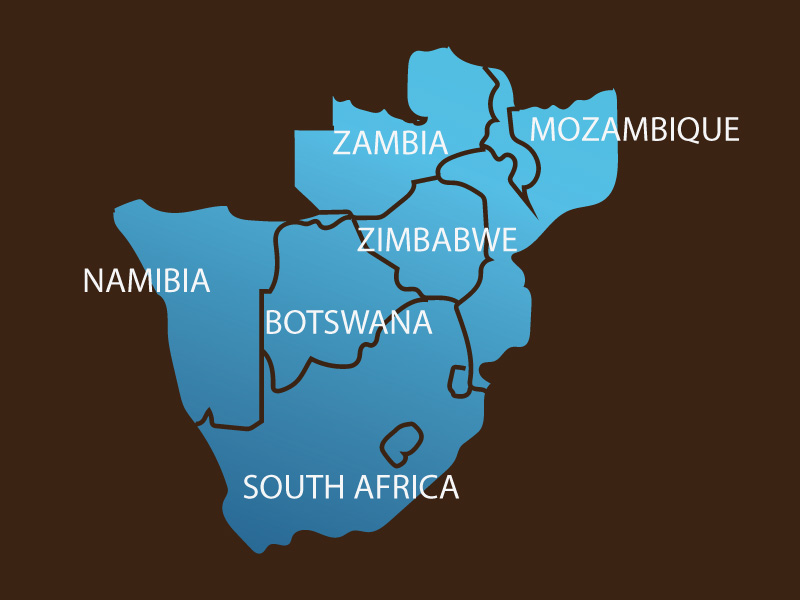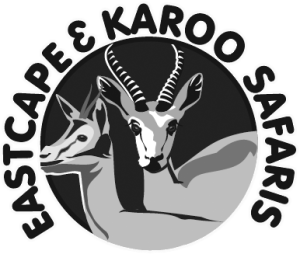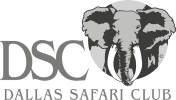
Embarking on a wild adventure with Eastcape & Karoo Safaris is not just about hunting; it’s about creating lasting memories and forging friendships that transcend the boundaries of continents. After experiencing the thrill of the hunt in the stunning landscapes of the Eastcape and Karoo regions, the question arises: where to next?
For those who have shared laughter, challenges, and triumphs with their Professional Hunter (PH) in Africa, the idea of bidding farewell to this newfound family is bittersweet. However, Eastcape & Karoo Safaris has a solution that ensures the adventure continues and the bond remains unbroken.
With over two decades of experience, Eastcape & Karoo Safaris has cultivated contacts and acquired the know-how needed to take hunters on an extraordinary journey through the untamed wilderness of other countries in Africa. The allure of this new frontier lies not only in its vast and diverse landscapes but also in the specialized game that inhabits these regions.
Your trusted PH, the friend who has guided you through every step of your African hunting experiences, will be right there beside you once again. This time, the canvas of adventure extends beyond familiar horizons. The team at Eastcape & Karoo Safaris understands that the success of a safari is not just about the destination but about the people you share it with. Your PH, with whom you’ve built a camaraderie that speaks louder than words, will ensure that the results you’ve come to expect are not only met but exceeded.
Africa opens up a realm of possibilities, with opportunities to pursue species that are unique to these regions. The expertise of Eastcape & Karoo Safaris ensures that every detail is meticulously planned, from the selection of hunting areas to the abundance of game. It’s not just another safari; it’s a continuation of a legacy of excellence.
So, as you contemplate your next adventure, remember the trust you’ve placed in Eastcape & Karoo Safaris on each previous journey. Allow them to guide you through the rugged terrains and diverse ecosystems of Africa, where new challenges and triumphs await. Your family in Africa awaits your return, ready to make your next safari as unforgettable as the ones that came before. The excitement of hunting wild Africa with Eastcape & Karoo Safaris is not just a chapter in a book; it’s an ongoing story of camaraderie, adventure, and the pursuit of the extraordinary.
Choose from the following remarkable destinations, each offering its own array of specialized game:
Namibia: Namibia, a gem in the crown of African hunting, invites you to explore its rich and diverse wildlife. Eastcape & Karoo Safaris curates a Namibian Safari where conservation efforts have thrived, ensuring the protection of vital species such as Kudu, Giant Oryx, and Springbok. This country boasts the largest population of Black Rhino in Africa and is witnessing the resurgence of the Roan Antelope. Namibia’s wetlands in the far northeast are home to Red Lechwe, Waterbuck, Reedbuck, and the elusive Sitatunga.
For those seeking a unique hunting experience, Namibia offers opportunities to hunt Cheetah and engage in Leopard hunting using dogs—a dynamic alternative to traditional methods. Complete your “Tiny Ten” with the highly sought-after Damara dik-dik, exclusively huntable in Namibia. Eastcape & Karoo Safaris is your gateway to the diverse landscapes and exclusive species Namibia has to offer.
Zimbabwe: Zimbabwe, a land defined by the Zambezi River and the majestic Victoria Falls, beckons hunters to experience its vast Game Reserves and concessions. Eastcape & Karoo Safaris ensures a seamless extension of its hallmark service in Zimbabwe, where the hunting areas range from governmental to tribal and private. Encounter the Big Five, with an estimated 100,000 Elephants calling Zimbabwe home.
Lion and Leopard hunting, primarily done over bait, boast high success rates. The country’s diverse terrain, from Mopane forests to grassy savannas, provides a reminiscent backdrop of “wild Africa.” For those seeking aquatic adventures, Hippo and Croc hunts along the rivers and pans promise an exhilarating experience. Eastcape & Karoo Safaris brings the same quality service and attention to detail to your Zimbabwean hunting safari.
Botswana: Botswana, a land of contrasts, captivates hunters with its two major hunting areas—the Okavango Delta and the Kalahari Desert. Eastcape & Karoo Safaris invites you to explore the largest inland delta globally, home to a myriad of species, including Elephant, Cape Buffalo, Crocodiles, Hippos, Lions, and Leopards. The Kalahari region, with its picturesque landscapes, offers some of the most beautiful and largest antelope, such as Gemsbok, Cape Eland, and Greater Kudu.
Experience the magic of hunting on foot in open and unfenced terrains, with the option of dugout canoe safaris in the Okavango. The terrain, while not physically demanding, provides a unique backdrop for your Botswana safari. Eastcape & Karoo Safaris extends its renowned service to Botswana, ensuring a dream-like hunting experience.
Zambia: Zambia, a haven for top-tier hunting camps, beckons hunters with its diverse offerings. Eastcape & Karoo Safaris introduces you to Zambia’s Luangwa Valley, featuring camps like Mwanya, Lower Lupande, Nyacolwe, Nyamvu, and West Petauke. Immerse yourself in classic safari-style tents equipped with private en-suite bathrooms, showers, and flush toilets.
From the exclusive Kafue Lechwe habitat to the misty reeds of Bangweulu Swamps—where Sitatunga, Black Lechwe, and Tsessebe roam—Zambia promises a rich hunting experience. Encounter the “Ghost of the Swamps,” the elusive Sitatunga, in a setting where water and skies meet. Eastcape & Karoo Safaris brings its hallmark service to Zambia, ensuring every aspect of your safari, from Large Sable and Roan to Leopard and Hippo hunts, exceeds expectations.
Mozambique: Experience unique and varied hunting adventures in Mozambique with Eastcape & Karoo Safaris. The country’s habitat, featuring green savannahs and dense forests, provides a challenging yet rewarding hunting experience. Mozambique’s remote areas, near the borders of Tanzania and Zimbabwe, offer diverse game populations supported by large reserves.
Hunt the regal Sable Antelope, found in virtually all hunting areas, along with a range of antelope species like Nyala, Cape Eland, and Greater Kudu. Lion hunting involves calls and tracking, distinguishing it from baiting methods in other Southern African countries. Abundant Leopards in the North and West, Cape Buffalo across the landscape, and challenging Crocodile and Hippo hunts add to Mozambique’s allure.
Legal Elephant hunting is available, particularly in the North and West, requiring significant walking—an adventure aptly described as “hunting Elephants with the feet.” Mozambique’s vast, unfenced territories, characterized by flat terrain, offer a physically manageable hunting experience. The season runs from June to November. Eastcape & Karoo Safaris extends its renowned service to Mozambique, ensuring your hunting expedition is both memorable and fulfilling.





© Eastern Cape & Karoo Safaris – 2023 | Web Resources | Hunting Safaris in South Africa Website Design and Search Engine Optimisation (SEO) by ZAWebs cc | Web Hosting by ZAWebHosts cc
WhatsApp us